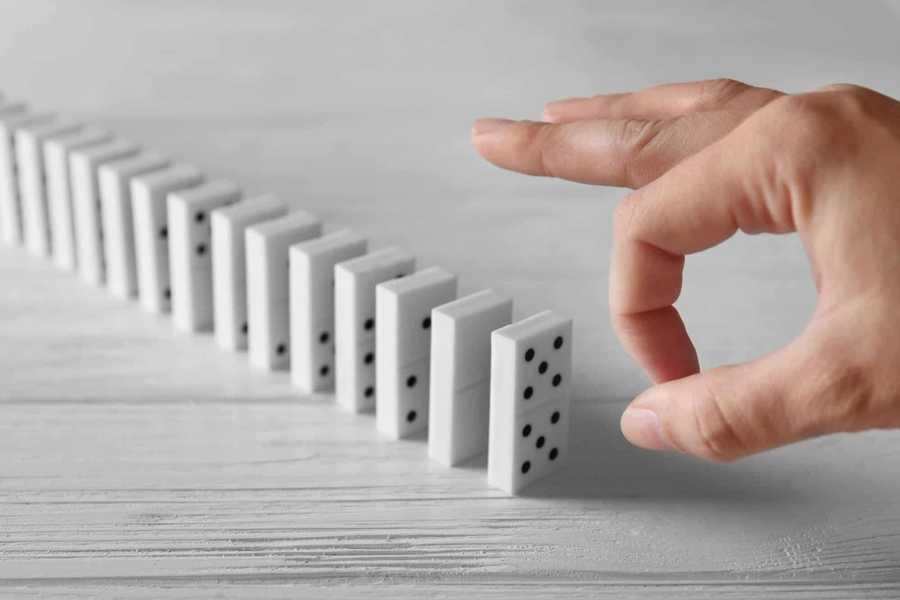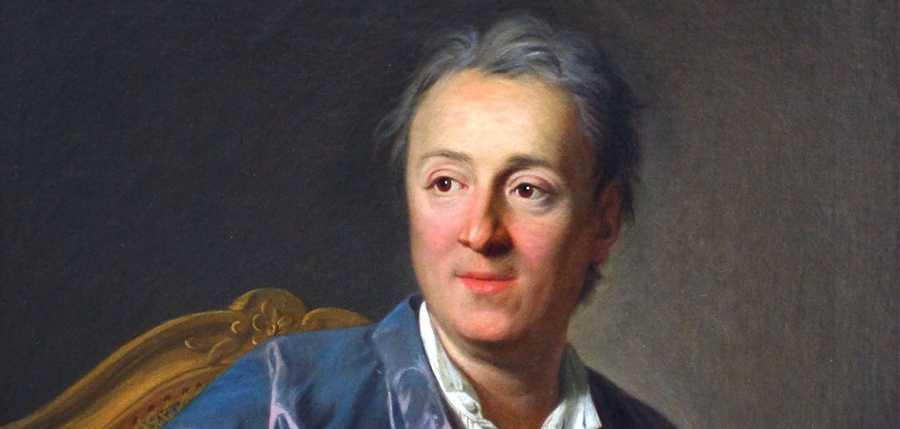The Diderot Effect: How Buying Fuels Itself
Curated from: affordanything.com
Ideas, facts & insights covering these topics:
3 ideas
·3.25K reads
4
Explore the World's Best Ideas
Join today and uncover 100+ curated journeys from 50+ topics. Unlock access to our mobile app with extensive features.
The Diderot Effect
It is a term that characterizes the tendency for purchases to generate new purchases.
Example: We set up a gym membership, and then we think we need better workout clothes, headphones, towels, a combination lock, and a bag to carry everything.
277
1.37K reads
History of the Diderot Effect
The French philosopher Denis Diderot became a wealthy man at age 52 and was able to afford small indulgences.
He started with a scarlet robe and continued with other items, because they were not matching the elegance of that robe. The joy of everything he bought was short-lived. Piece by piece, Diderot replaced every item in his home.
186
920 reads
When the Diderot Effect loosens its grip
We live better lives than Denis Diderot and his peers and yet we always crave for more. We decide our refrigerator isn’t nice enough; not when the latest models are wifi-enabled with touch screens.
But our situation is more forgiving. We can always simplify. We can downsize into modest homes. We can shop less and give away more.
208
961 reads
IDEAS CURATED BY
Gunner J.'s ideas are part of this journey:
Learn more about moneyandinvestments with this collection
How to secure funding
How to market and sell your product or service
How to scale and grow your business
Related collections
Similar ideas
Read & Learn
20x Faster
without
deepstash
with
deepstash
with
deepstash
Personalized microlearning
—
100+ Learning Journeys
—
Access to 200,000+ ideas
—
Access to the mobile app
—
Unlimited idea saving
—
—
Unlimited history
—
—
Unlimited listening to ideas
—
—
Downloading & offline access
—
—
Supercharge your mind with one idea per day
Enter your email and spend 1 minute every day to learn something new.
I agree to receive email updates


